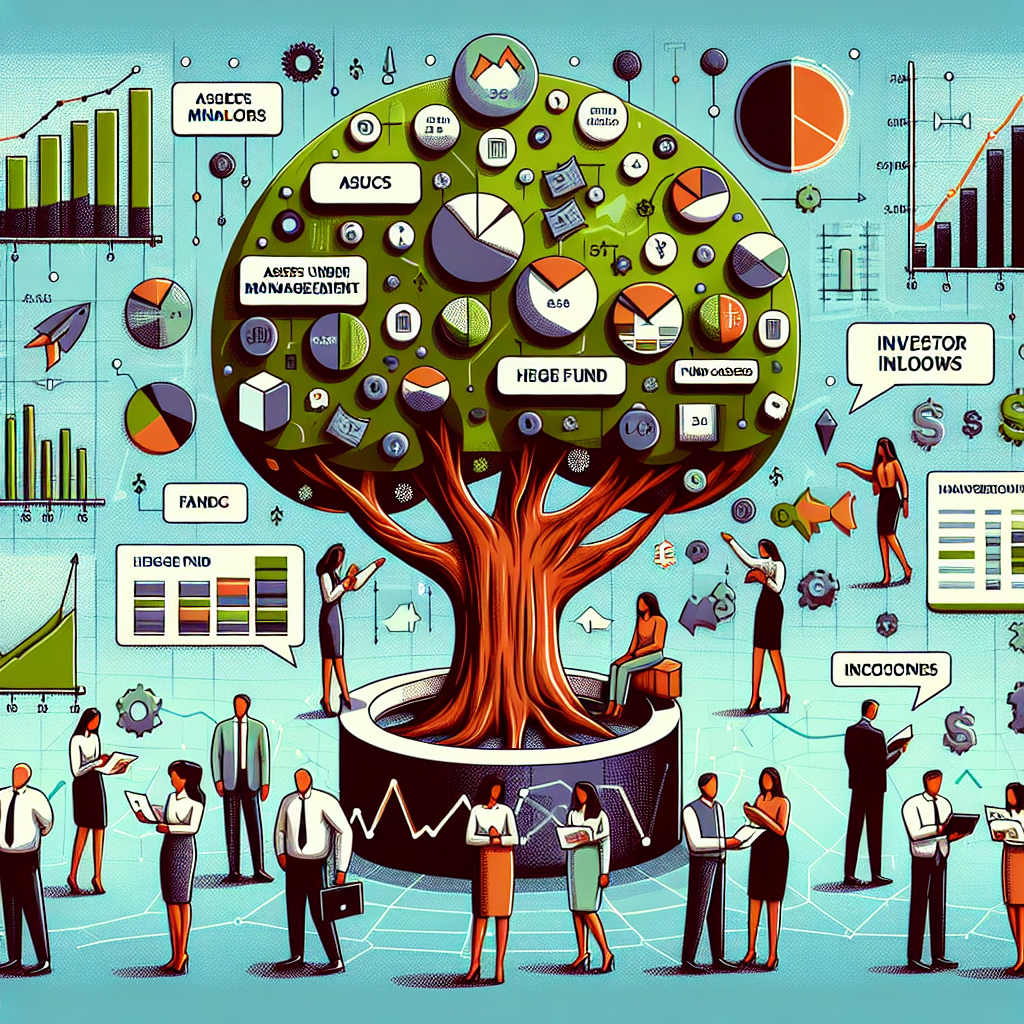Introduction
Blockchain technology has been making waves in the financial industry in recent years, revolutionizing the way transactions are conducted and data is stored. The adoption of blockchain in finance has the potential to streamline processes, increase transparency, and reduce costs. In this article, we will explore how blockchain is being adopted in the finance sector and the benefits it offers.
Benefits of Blockchain Adoption in Finance
Increased Security
One of the key benefits of blockchain technology in finance is increased security. Blockchain uses encryption and decentralization to secure transactions, making it nearly impossible for hackers to manipulate data or steal information. This level of security is crucial in the finance industry where sensitive data is constantly being exchanged.
Transparency
Blockchain technology provides a transparent and tamper-proof ledger of transactions. This means that all parties involved in a transaction can view the same information in real-time, reducing the risk of fraud and ensuring trust between parties. This transparency can also help to streamline processes and reduce the need for intermediaries.
Cost Savings
By eliminating the need for intermediaries and automating processes, blockchain technology can significantly reduce costs for financial institutions. Transactions can be completed faster and more efficiently, leading to lower fees and operational expenses. This cost savings can be passed on to customers, making financial services more affordable and accessible.
Use Cases of Blockchain in Finance
Payment Processing
Blockchain technology is being used to streamline payment processing and reduce the time and cost associated with cross-border transactions. By using blockchain, financial institutions can settle transactions in real-time, eliminating the need for multiple intermediaries and reducing the risk of errors.
Smart Contracts
Smart contracts are self-executing contracts with the terms of the agreement directly written into code. These contracts are stored on a blockchain and automatically execute when certain conditions are met. Smart contracts can automate processes such as loan approvals, insurance claims, and supply chain management, saving time and reducing the risk of human error.
Asset Tokenization
Blockchain technology is also being used to tokenize assets such as real estate, stocks, and commodities. By tokenizing assets, they can be divided into smaller, more liquid units that can be traded on a blockchain platform. This opens up new investment opportunities for individuals and institutions, making the financial markets more accessible and inclusive.
Challenges of Blockchain Adoption in Finance
Regulatory Uncertainty
One of the main challenges of blockchain adoption in finance is regulatory uncertainty. Governments and regulatory bodies are still grappling with how to regulate blockchain technology and cryptocurrencies, leading to a lack of clarity for financial institutions. This uncertainty can deter organizations from fully embracing blockchain technology.
Scalability
Another challenge of blockchain adoption in finance is scalability. As more transactions are added to a blockchain, the network can become congested, leading to slower transaction times and higher fees. Financial institutions need to find ways to scale blockchain technology to accommodate a growing number of users and transactions.
Conclusion
Blockchain technology has the potential to revolutionize the finance industry by increasing security, transparency, and efficiency. Financial institutions that embrace blockchain technology stand to benefit from cost savings, improved processes, and new revenue streams. While there are challenges to overcome, the benefits of blockchain adoption in finance far outweigh the risks. As the technology continues to evolve, we can expect to see even greater innovation and disruption in the financial sector.


